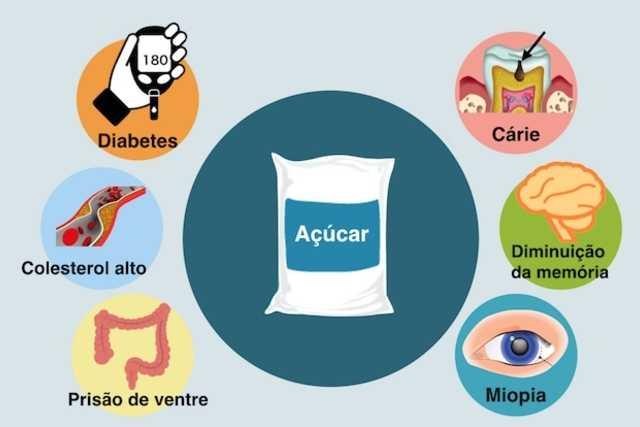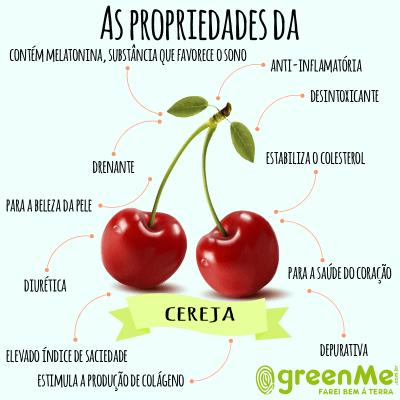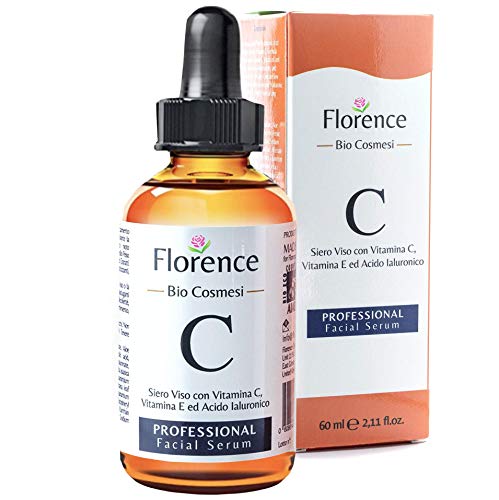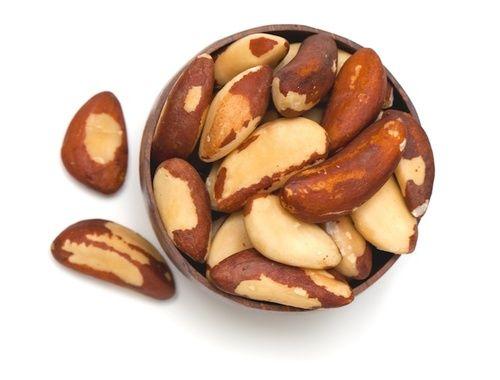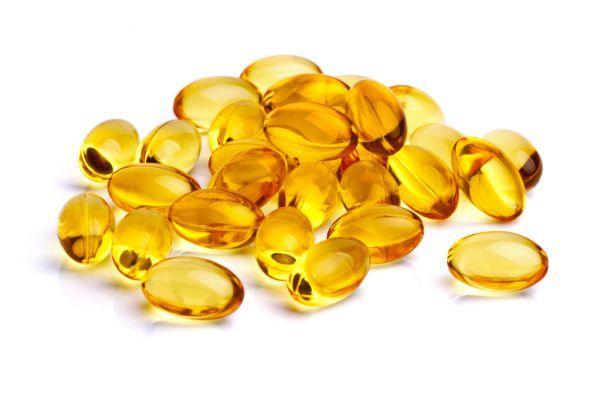
Fish oil is the most generous direct food source of omega-3, in particular of eicosapentaenoic acid (EPA) and docosahexaenoic acid (DHA), good fat that our body needs; in fact, these fatty acids can also be synthesized in the body starting from an omega-3 precursor, alpha linolenic acid, which is particularly abundant in flax seed and many oil seeds like walnuts, in canola, soybean and hemp oil.
Where does fish oil come from?
Fish oil is none other than the good fat contained in fish. The fats are accumulated and come from the microalgae or animals that the fish feed on, they are fats that contain high doses of omega-three.
Why is fish oil good for you?
First of all, fish oil, thanks to the presence of omega-3 polyunsaturated fatty acids, lowers the levels of triglycerides, therefore of cholesterol, also bringing benefits to blood pressure, therefore it is excellent for those suffering from hypertension, blood fluidity and cardiocirculatory system in general, and helps to reduce inflammatory phenomena, such as rheumatoid arthritis, atopic dermatitis and pain caused by strong inflammation; However, it would not have evident effects on the brain and cognitive functions of older people, as researchers from the London School of Hygiene and Tropical Medicine demonstrated a couple of years ago.
While yes, omega-3s affect mood: some experiments carried out at the University of Pittsburgh (USA), would have noticed, following the intake of omega-3, an increase in the volume of those areas of the brain related to the management of emotions, which in depressed people or with behavioral disorders are instead reduced. Omega-3 should be consumed about 2,5 / 3 grams per day. This means fish 2 or 3 times a week or, for vegetarians, linseed oil, flax seeds and walnuts taken daily.
Where is omega-3 found?
Omega-3 is abundant in particular foods such as fish oil, as we have seen. These are fish products: herring, sardines, anchovies, mussels, sea bream, sole, tuna, cod and salmon.
Be careful though fish that accumulate toxins; swordfish and blue shark in particular may contain harmful dioxins and mercury. Since toxic substances such as dioxins and some pesticides are fat soluble, they are also found in good concentrations in fish oil, so you have to be very careful.
It should be considered that omega-3 is also present in other foods: green leafy vegetables, for example valerian salad, walnuts, flax seeds, chia seeds, rapeseed oil and soy. Also l'use of dry aromas (rosemary, oregano, basil, sage), pumpkin seeds, purslane, seaweed contributes, but is not sufficient to guarantee the omega-3 requirement. Flax seeds should be well chewed or better blended, to prevent them from arriving intact in the digestive tract and eliminated as such. It is always better to integrate with a couple of teaspoons of linseed oil and 60 grams of walnuts per day.
Curiosity: krill oil, the tiny crustaceans that thrive in the freezing waters of the Antarctic, would have even higher amounts of omega-3s!
Omega 3 supplements in pregnancy
To learn more:
> Fish oil is one of the natural anti-inflammatory food supplements: discover the others
| Fotopedia

















